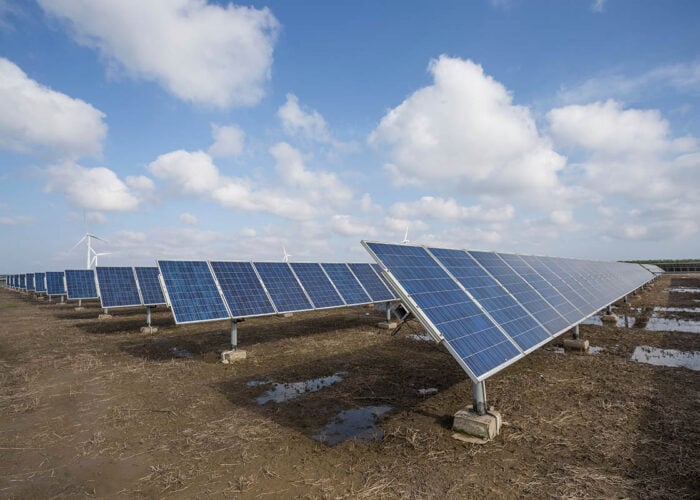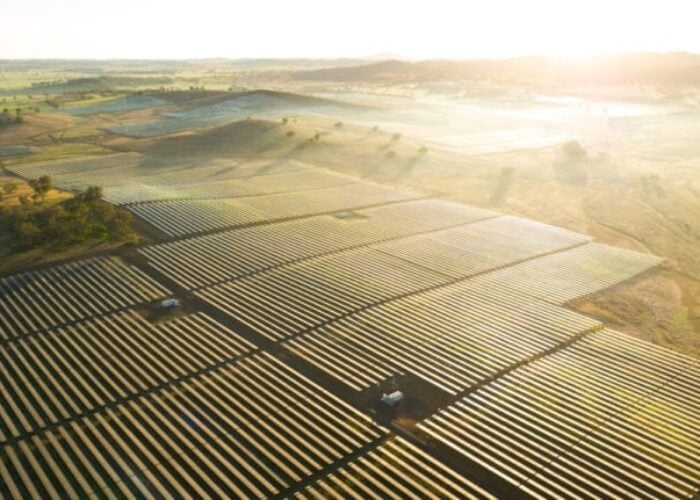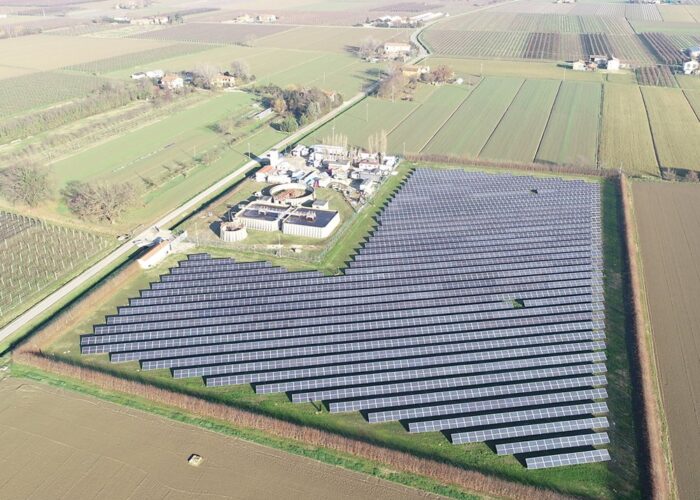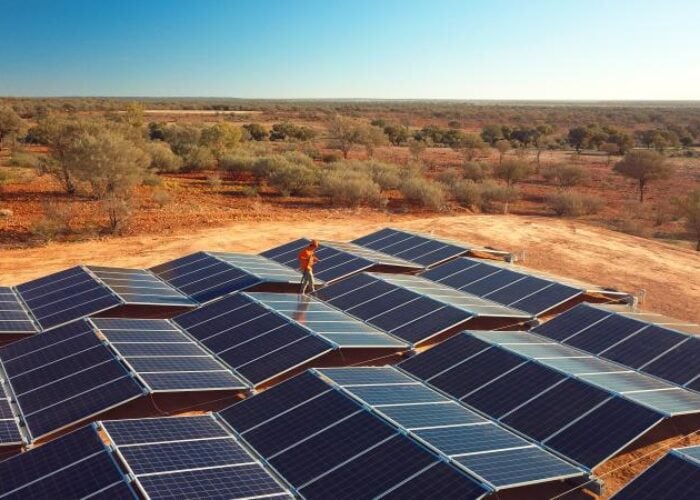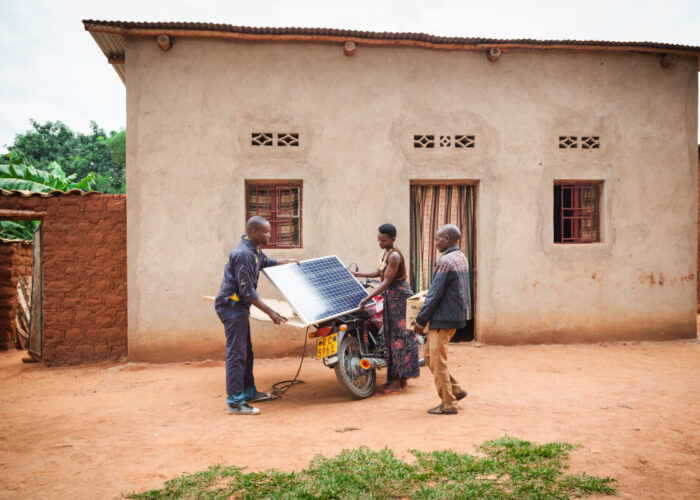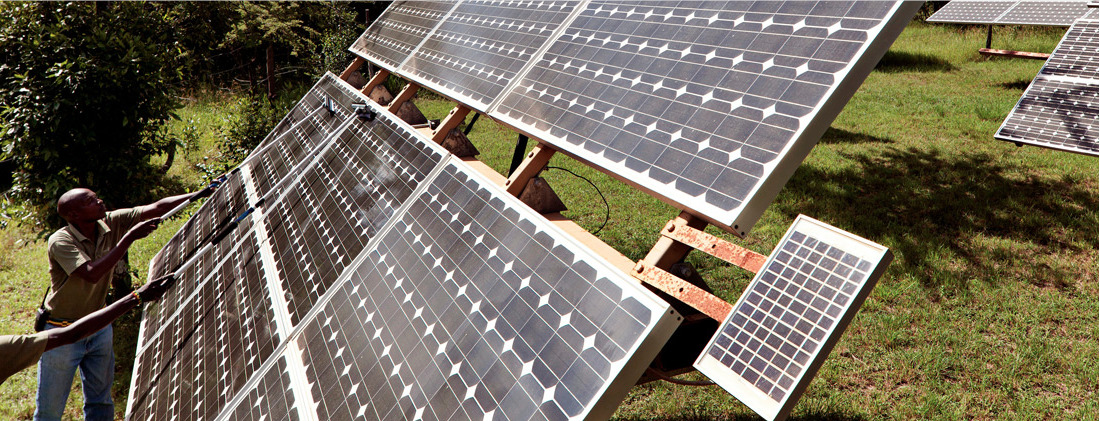
The World Bank’s Scaling Solar programme will support the development, tendering and financing of 60MW of grid-connected solar power in Côte d’Ivoire.
The capacity will be spread across two plants.
Unlock unlimited access for 12 whole months of distinctive global analysis
Photovoltaics International is now included.
- Regular insight and analysis of the industry’s biggest developments
- In-depth interviews with the industry’s leading figures
- Unlimited digital access to the PV Tech Power journal catalogue
- Unlimited digital access to the Photovoltaics International journal catalogue
- Access to more than 1,000 technical papers
- Discounts on Solar Media’s portfolio of events, in-person and virtual
The government of Côte d’Ivoire wants to generate at least 42% of its power from renewable sources by 2030, of which 400MW will be solar.
The country has the third-largest electrical system in West Africa, with an installed capacity of 2,200MW.
The Scaling Solar programme, which is run by the World Bank's private investment arm the IFC, provides transaction structuring advice, project documents, risk management products, finance, and insurance to support solar energy projects.
Scaling Solar projects are underway in Zambia, Ethiopia, Senegal, Togo, Madagascar, and Uzbekistan.
Eni to co-deploy 50MWp in southern Angola through JV
Italian oil and gas company Eni has inked an agreement with the government of Angola to deploy a 50MWp grid-connected PV plant in the southwest of the country.
The solar power plant will be constructed in two 25MWp stages by Solenova, a joint venture owned by Eni and Angola state-owned oil company Sonangol.
The project is part of a broader suite of rural development projects run by the oil major in the region.
In September, the government said that it expected national PV capacity to increase sixty-fold, from 10MW-plus figures recorded this year to 600MW by 2022.
The southern African country has been tapped by analysts as a solar PV hotspot, thanks to its high irradiation levels. As the German Solar Association (BSW-Solar) and the Becquerel Institute noted this year, the government’s own figures place Angola’s solar potential at 55GW, far above wind’s 3GW.
Scaling Solar is supported by USAID’s Power Africa, the Ministry of Foreign Affairs of the Netherlands, the Ministry of Foreign Affairs of Denmark, and the Infrastructure Development Collaboration Partnership Fund.

